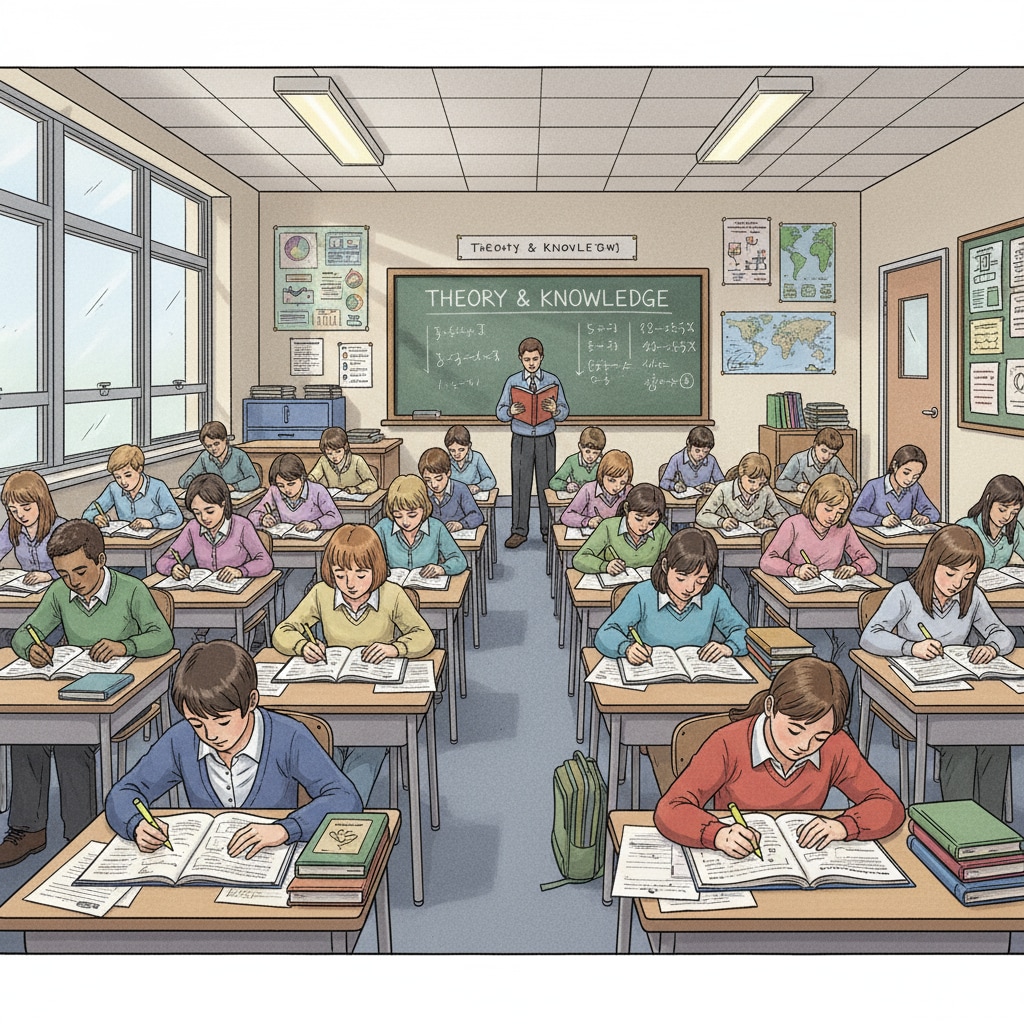In today’s secondary education landscape, the overarching focus on academic knowledge and standardized tests has unfortunately led to a significant neglect of soft skills development, including critical thinking and teamwork. This imbalance not only affects students’ current learning experiences but also has long-term implications for their future success in the professional world and personal lives.

The Current State of Soft Skills in Secondary Education
Most secondary schools prioritize academic subjects and prepare students for standardized exams. As a result, soft skills such as communication, problem-solving, and adaptability are often overlooked. For example, classrooms are often filled with rote learning and lecture-style teaching, leaving little room for students to engage in discussions that foster critical thinking. According to Education Week, standardized testing has become a dominant force in shaping curricula, leaving less time for the cultivation of soft skills.
The Impact of Soft Skills Deficiency
Students lacking soft skills may face difficulties in the future. In the job market, employers highly value employees with strong communication and teamwork abilities. A study by Business Roundtable found that 93% of employers believe that soft skills are as important as technical skills. Without these skills, students may struggle to collaborate effectively in the workplace, communicate their ideas clearly, and adapt to changing work environments.

In addition, soft skills are crucial for personal growth. They help students build healthy relationships, manage stress, and make informed decisions. A lack of these skills can lead to social isolation and difficulties in handling life’s challenges.
Strategies for Integrating Soft Skills Training
One effective strategy is to incorporate project-based learning into the curriculum. Through group projects, students can develop teamwork, communication, and problem-solving skills. Teachers can design projects that require students to analyze problems, develop solutions, and present their findings. This hands-on approach not only enhances soft skills but also deepens students’ understanding of academic subjects.
Another approach is to offer extracurricular activities focused on soft skills development. For example, debate clubs can improve students’ critical thinking and communication skills, while leadership programs can nurture leadership and teamwork abilities. These activities provide students with opportunities to practice soft skills in real-life situations.
Readability guidance: By using short paragraphs and lists, we’ve summarized key points. Each H2 section has relevant details and lists where appropriate. Passive语态 is minimized, and transition words like “for example”, “in addition” are used to enhance readability.


